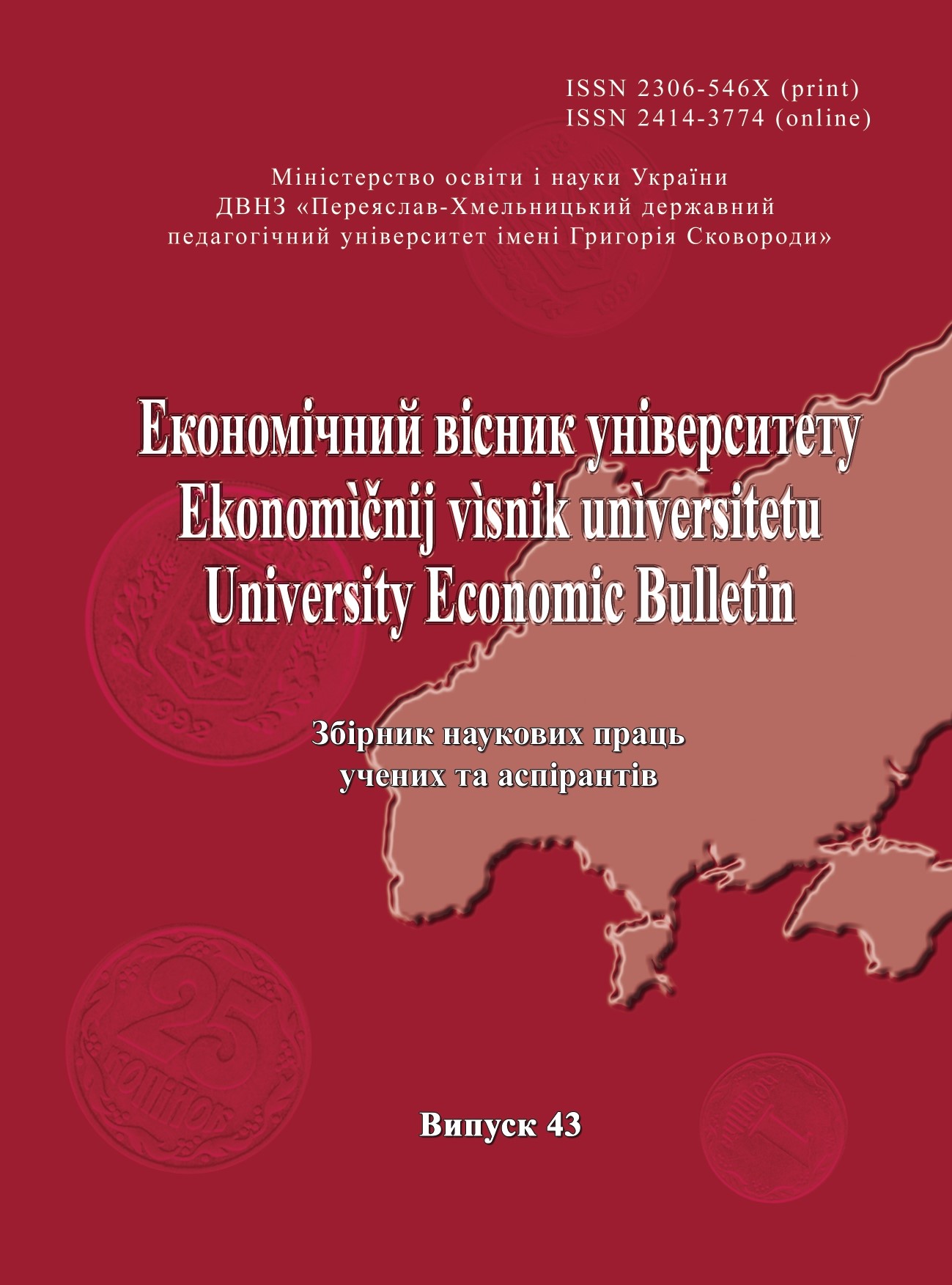Ефективне використання митних інструментів в умовах новітніх інтеграційних угод
Effective employment of customs instruments in the context of the latest integration agreements
Author(s): Oleksandr DeinekoSubject(s): Supranational / Global Economy, Regional Geography, Economic policy, International relations/trade
Published by: Університет Григорія Сковороди в Переяславі
Keywords: international trade; trade policy; tariffs barriers; non-tariff barriers;food security;
Summary/Abstract: The relevance of the research topic is explained by the negative impact of integration agreements, in particular the free trade ones, on the list of instruments that the state can use to implement its economic policy in the field of foreign economic activity, in particular - on the list of customs instruments. There is a steady global increase in international trade, coupled with the tendency to gradually reduce trade barriers by most countries. Strengthening integration processes negatively influence the breadth of influence and the list of customs instruments of economic regulation. Given the socio-economic and environmental risks that arise in the absence or lack of state regulation of economic processes, it is important to ensure the effectiveness of those instruments that may still be used under the terms of integration agreements. Additionally, the attention to the customs instruments is increasing in the context of the «economic patriotism» that is becoming popular in USA, Europe and other countries, together with the criticism of the neoliberalism. The coverage of the issue in the works of domestic and foreign scholars is sporadic in nature and is usually tied to the problem of a particular market or industry in a particular agreement. In the last years before the ratification of the Association Agreement between Ukraine and the EU, as well as in the first years after, T. Ostashko studied the potential effects of that agreement on the instruments of regulation of certain sectors of the economy of Ukraine. From the point of view of generalization of the practice of state regulation of economy in the European integration processes, it is possible to mention V. Olefir and O. Mitchenok which covers the experience of Bulgaria, Poland, Romania, Africa, America and the Middle East. The above studies do not consider separate institutes of state regulation of the economy, in particular customs instruments, at a deeper level, focusing on the direct economic processes and the impact of increasing the freedom of trade turnover on national production. The research objective is to analyse the essence and impact of international economic processes on customs instruments for the implementation of the state economic policy in order to develop proposals for the effective use of these instruments. The theoretical and empirical methods of cognition in their dialectical combination are used in this work. In the analysis of existing integration processes, statistical and economic methods, in particular, comparisons, graphic constructions, as well as methods of descriptive and comparative statistics are used. Comparative methods, methods of analysis, synthesis, generalization, and also the system method are used to determine the ways of efficient use of customs instruments. system method is used. The dynamics of the development of integration processes and the influence of their various types on the customs instruments both in general and in separate branches are revealed in the framework of this research. The international experience of using customs instruments in these conditions is investigated and the most effective ones are highlighted. The results of this research can be applied in the process of formulating the state economic policies, in particular in the context of international economic activities, food security, protection of the national agri-food market and its elements, support of the national manufacturers. The research has demonstrated that in the framework of the WTO effective applied tariffs may be effectively utilized by approximation to the bound tariffs. Within the framework of bilateral and multilateral agreements, the institute of tariff quote is an effective tool, due to flexibility and potential directions of application, Increasing the country's participation in regional and bilateral trade agreements, albeit with the risk of creating a complicated regulatory «stew» and trade intervention, leaves a sufficient number of customs tools for effective implementation of the state regulation of economy.
Journal: Економічний вісник університету
- Issue Year: 2019
- Issue No: 43
- Page Range: 43-55
- Page Count: 13
- Language: Ukrainian

